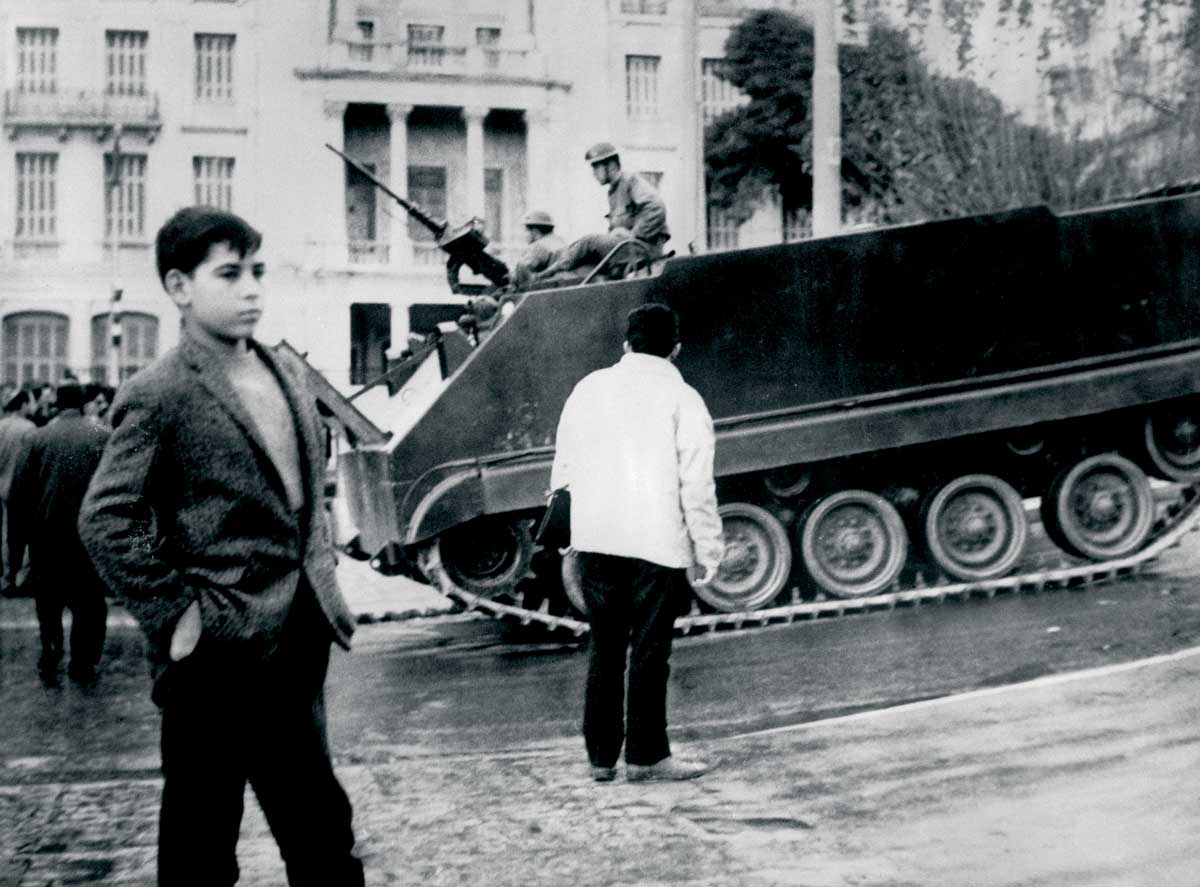The Colonels’ Failed PR Coup - 1 minute read

In the modern era, relations between states have usually been conducted through diplomatic envoys. Since public opinion has become more important to policy makers, however, governments have increasingly resorted to outsourcing. Regimes with an image problem tend to hire public relations professionals, who undertake to ‘cultivate’ a sympathetic foreign audience for a fee. One such PR operation targeted opinion formers in Britain and beyond. The project backfired because of the actions of a young British historian.
Greece, a country with a parliamentary system dating back to the 1840s, succumbed to a coup d’état in the early hours of 21 April 1967. Its ringleaders were mostly middle-ranking army officers (hence their collective dubbing as ‘Colonels’ or the ‘junta’). Deeply mistrustful of liberal institutions, the conspirators moved in order to call a halt to the general elections scheduled for May 1967, which their former political patrons, the party of the Right, was predicted to lose.
Source: History Today Feed